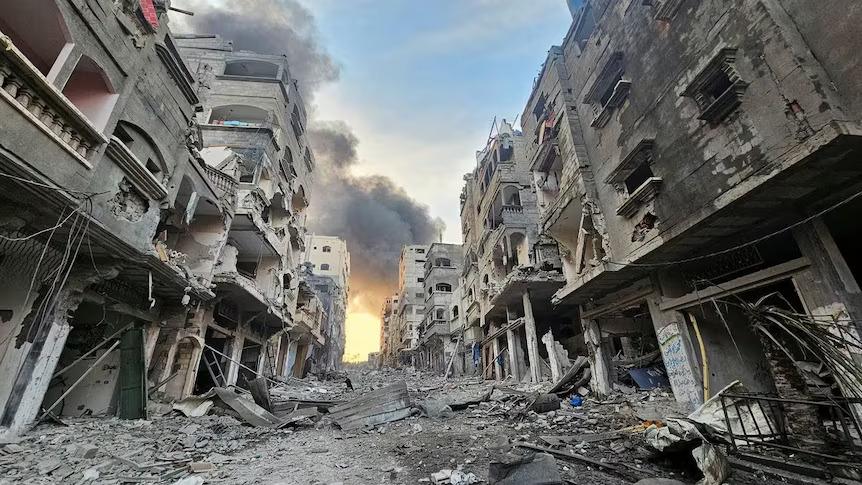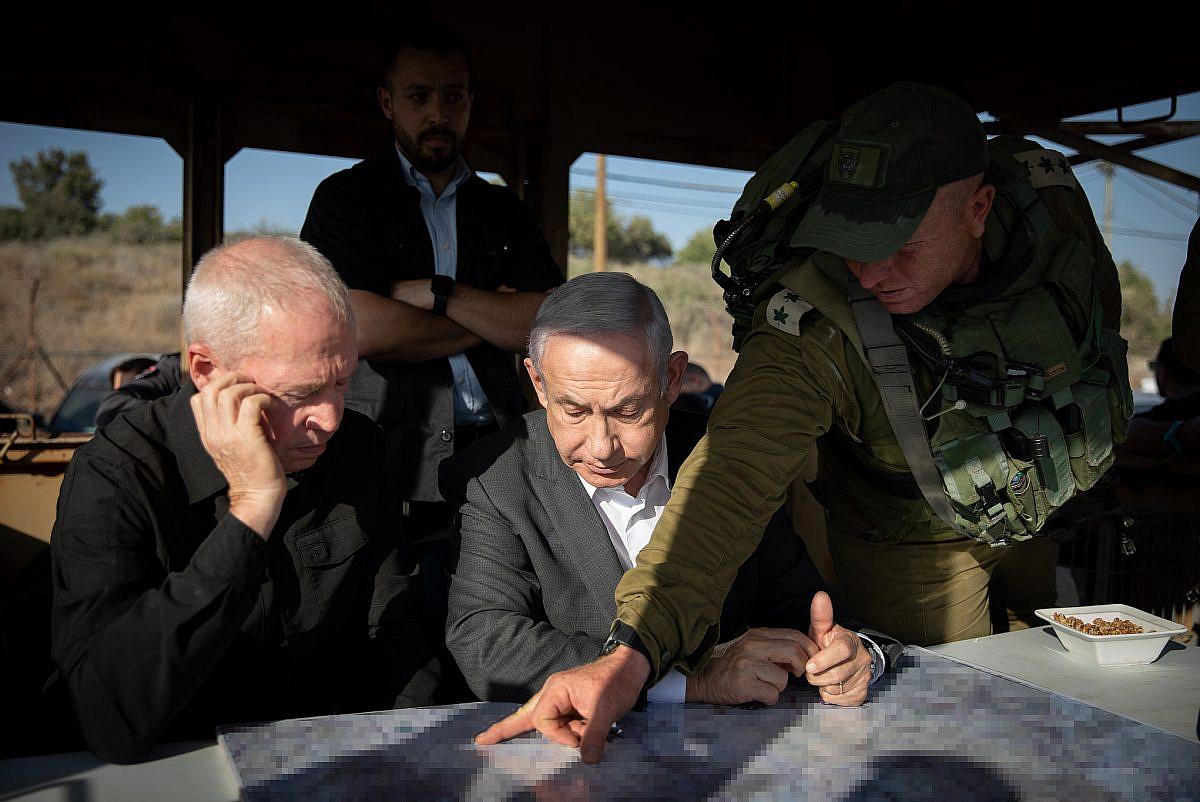Israel to prolong war in Gaza to eliminate Hamas Fit to lead
The conflict between Israel and Hamas has extended into the broader Middle East, escalating the likelihood of a confrontation between the regional power – Iran’s ‘Axis of Resistance’ and the global power – the USA and its allies. The devastating military operation in the Gaza Strip provoked a reaction from Iran’s main proxy forces, namely Lebanon-based Hezbollah and Yemen-based Houthi rebel groups.
Since January, Houthi rebels launched a series of deadly attacks against commercial vessels in the Red Sea. Israeli forces' ambush on the Hamas militant organization boosted anti-Israeli sentiments in Iran and other Muslim countries, demanding the international community stop the war.
However, the current Gaza campaign shed light on certain internal political disputes within the state of Israel as the current Prime Minister Benjamin Netanyahu faces harsh criticism at home due to his "notorious role" in igniting the situation more. Many believe that PM Benjamin Netanyahu is prolonging the conflict in Gaza as a strategy to avoid facing questions about it and prevent the collapse of his ruling coalition. PM Netanyahu is keen to extend the war for another period to get a chance to settle political disputes and strengthen positions.
Israeli forces have made considerable gains in the northern Gaza Strip, but Hamas is far from falling apart in Gaza's south and maintains capabilities in the north as well. Despite mounting losses and fatal injuries, Israel is determined to eliminate Hamas even though the stakes are high currently.

Due to the methods of Israeli forces counter-operation in Gaza, the international legitimacy is running out fast, and the tensions building up behind closed doors, including with the United States, could boil over.
For example, several countries, like Ireland, sharply criticized Israeli Prime Minister Benjamin Netanyahu for seeking to prolong the war in Gaza. The Prime Minister of Ireland instead stated that Prime Minister Netanyahu and everybody needs to be focused on how to end this as quickly as possible now, and also Hamas needs to stop firing the rockets and declare a ceasefire.
Considering the Israeli media reports claiming that Netanyahu told local council chiefs from communities near Gaza that he anticipates the war against Hamas extending into 2025, it becomes evident that domestic discontent will likely rise against the ruling ultranationalist government.
Moreover, PM Netanyahu's attempts to expand the war beyond traditional battle scenes may be attributed to his willingness to prevent the collapse of his ultranationalist government. For instance, in the case of the resignation of National Security Minister Itamar Ben-Gvir, the most prominent member of his cabinet, the ruling government will inevitably collapse, thus ending the term of Benjamin Netanyahu.
Another strong argument of the Israeli government in conducting large-scale operations against Hamas is the rescue of civilian hostages taken by Hamas militants in October. As of today, more than 130 civilians are being held as hostages of Hamas, which are used as bargaining chips against Israel in an attempt to release Palestinian prisoners in exchange.

Israel reportedly estimates that most of the Israeli hostages abducted on October 7 are currently located in the south of the Strip. Therefore, it is no surprise that Netanyahu’s government is facing louder demands to reach a hostage deal with Hamas.
Notwithstanding the goals and priorities, Israel's operation in Gaza steadily faces more opposition and causes criticism of Western civil societies, which will make it more complicated for Tel Aviv. As such, the leading partner and supporter of Israel, the US, and its regional partners are also looking to facilitate an end to the war as the death toll among Palestinians in Gaza climbs beyond 25,000. The US reportedly floated a Saudi-Israeli normalization agreement in exchange for a Palestinian state, a proposal that Netanyahu rejected.
In addition, experts and opposition parties in Israel estimate that as a result of the mass destruction of southern towns of the Gaza Strip, around 2 million Palestinians will relocate to the northern territories, including the majority of Hamas’ military power and perhaps most of its leadership. In other words, achieving the mission of “eliminating Hamas” and demilitarizing the Strip will be a mammoth task.
Consequently, Netanyahu aims to stay in Gaza not temporarily but to establish permanent control in order to use it as a pressure tool against potential attacks of Hamas and its affiliations. However, Israeli control of the Gaza Strip will come with certain political expenses as it will be harder for Tel Aviv to refer to previous “threat perceptions” to justify the military campaign.








